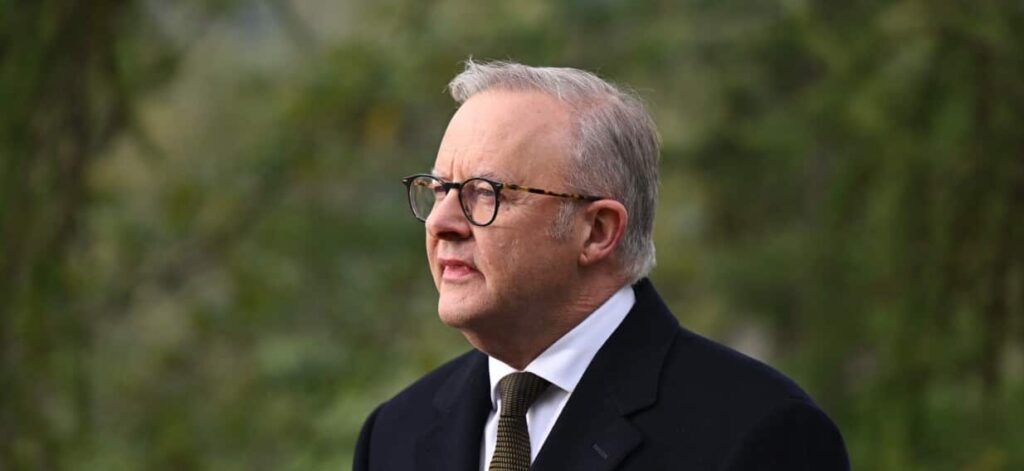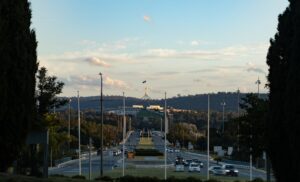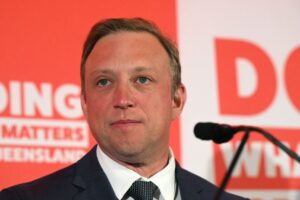
Australian Prime Minister Anthony Albanese is facing scrutiny from the Opposition following his recent trip to the United Kingdom, where he addressed the Labour Party conference in Liverpool. Critics, particularly from the Opposition, are questioning the use of taxpayer funds for what they characterize as a politically motivated visit.
Trip Details and Political Context
During his trip, Albanese delivered a keynote speech aimed at bolstering support for UK Labour leader Keir Starmer. The event, which took place in March 2024, has drawn attention not only for its political implications but also for the expenses incurred by Australian taxpayers. Opposition spokesperson for foreign affairs Michaelia Cash has called for transparency regarding the costs of the trip. She stated, “Mr Albanese wants to turn this into a little trip where he basically now goes to ‘functions’ that are of a domestic political nature, and are directly related to the Labor Party.”
Cash emphasized that Albanese should prioritize his role as the head of state rather than engage in activities that appear to serve party interests. She referred to Albanese’s past criticisms of former Prime Minister Scott Morrison, who faced backlash for attending a Trump rally in 2019, highlighting a perceived double standard in Albanese’s actions.
Albanese’s Justification for the Visit
In response to these criticisms, Albanese defended his participation in the Labour Party conference, noting the importance of Australia’s relationship with the United Kingdom. He remarked, “We have a relationship with the United Kingdom, the United Kingdom has a free trade agreement with Australia, that’s really important.” This agreement, he stated, directly benefits Australian jobs and the economy.
The Prime Minister also highlighted the significance of the AUKUS arrangements, which necessitate ongoing engagement with the UK government. He described his attendance at the conference as a vital part of his diplomatic responsibilities, stating, “Being introduced accepting the invitation of Prime Minister Starmer, to meet not just with him, but with all of his ministers, including the defence minister, the home affairs minister, and others is important, it’s part of my job.”
During his stay, Albanese also met with UK Opposition leader Kemi Badenoch but did not engage with Nigel Farage, leader of Reform UK, who has recently gained traction in the polls with anti-migration rhetoric. This decision may raise further questions about the political ramifications of Albanese’s focus on the Labour event.
As the political landscape in the UK evolves, with parties like Reform UK gaining momentum, the implications of Albanese’s trip may warrant closer examination. His past statements regarding Morrison’s political engagements are likely to resurface as the Opposition seeks to hold him accountable.
Albanese’s trip underscores the complex interplay between diplomatic responsibilities and domestic political considerations. As the debate continues, the Prime Minister’s actions may influence both international relations and his standing within Australian politics.







